
FOR IMMEDIATE RELEASE
WITH PICTURES
MAY 27, 2022
NEW REPORT HIGHLIGHTS BIGGER PICTURE OF FQM’S INVESTMENT IN THE ZAMBIAN ECONOMY
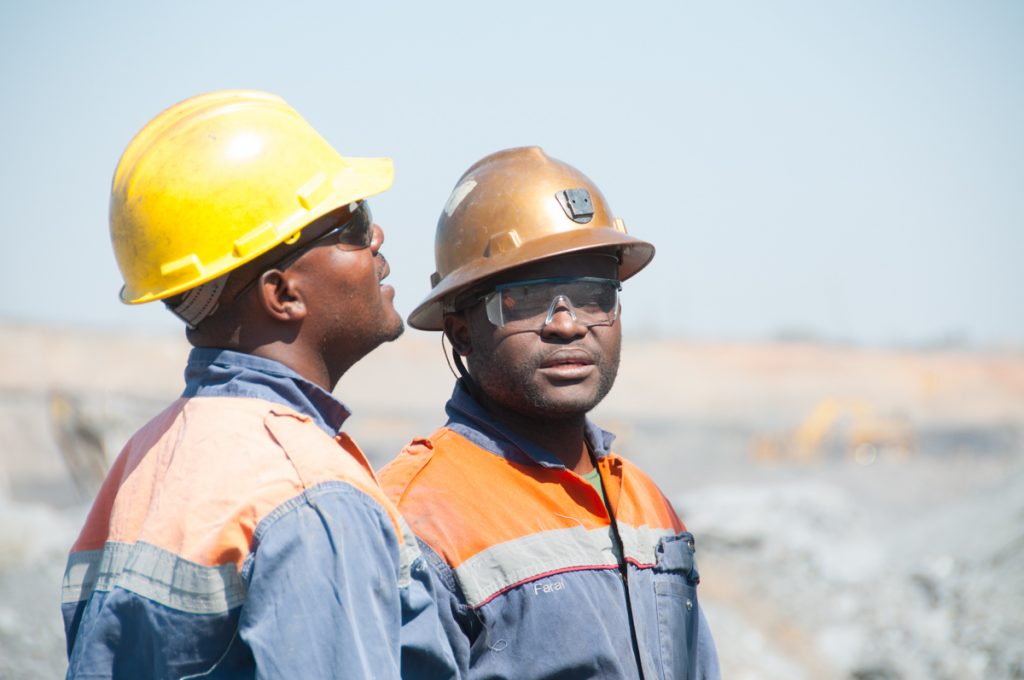
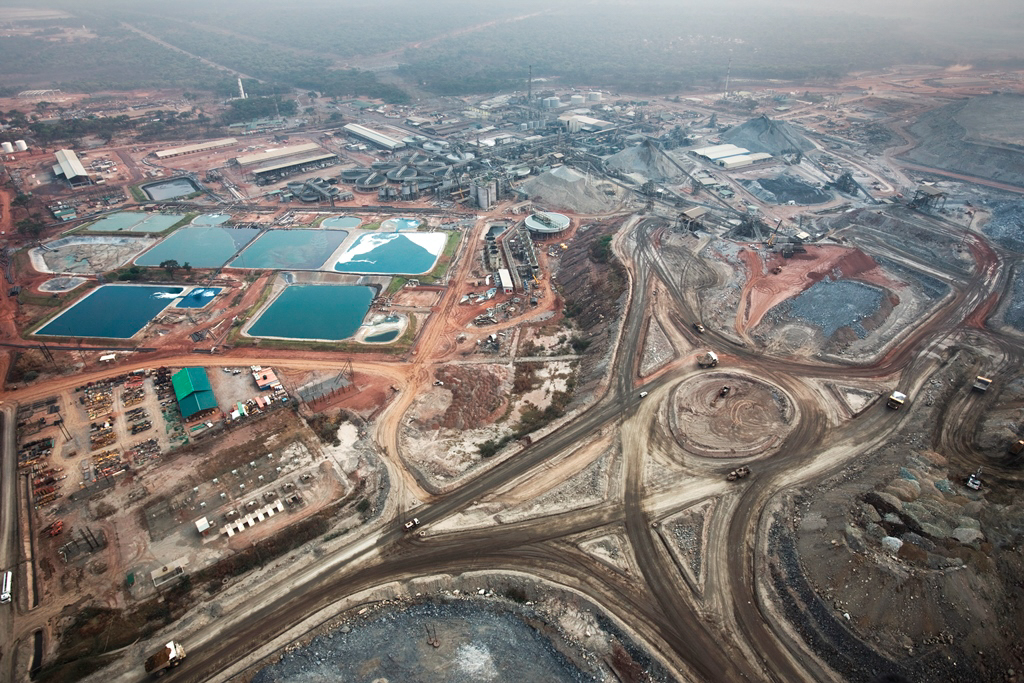
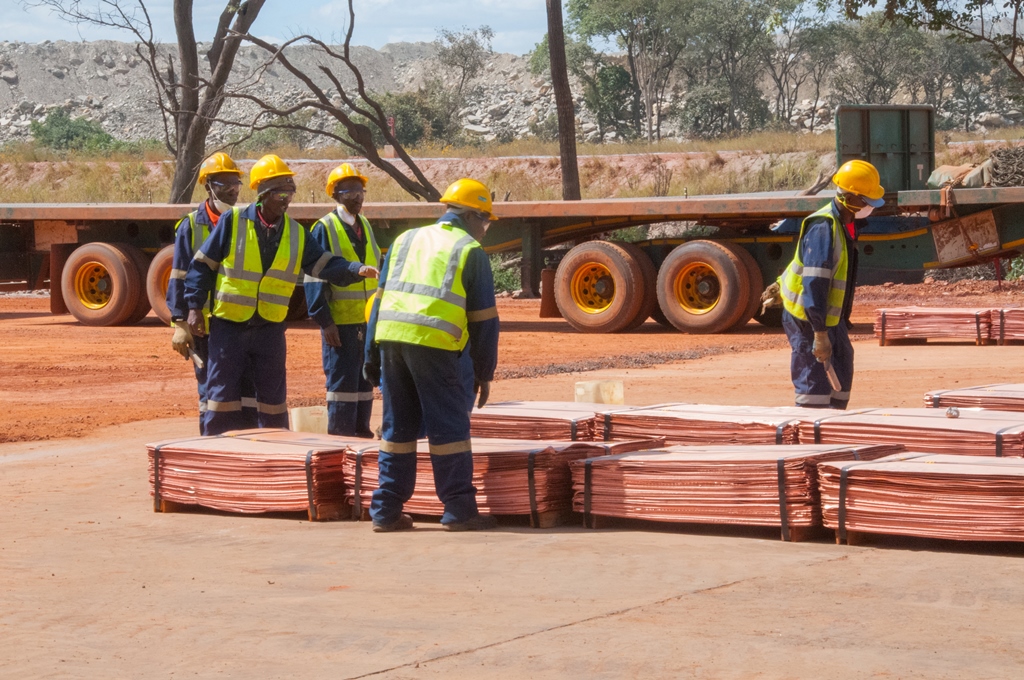
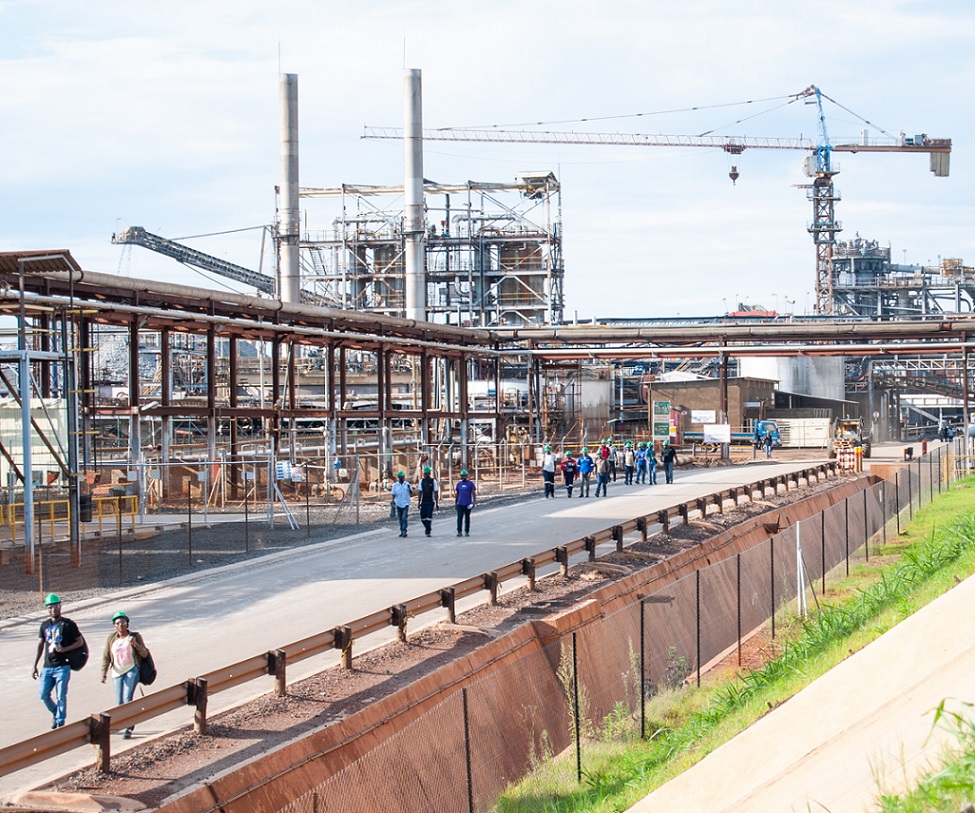

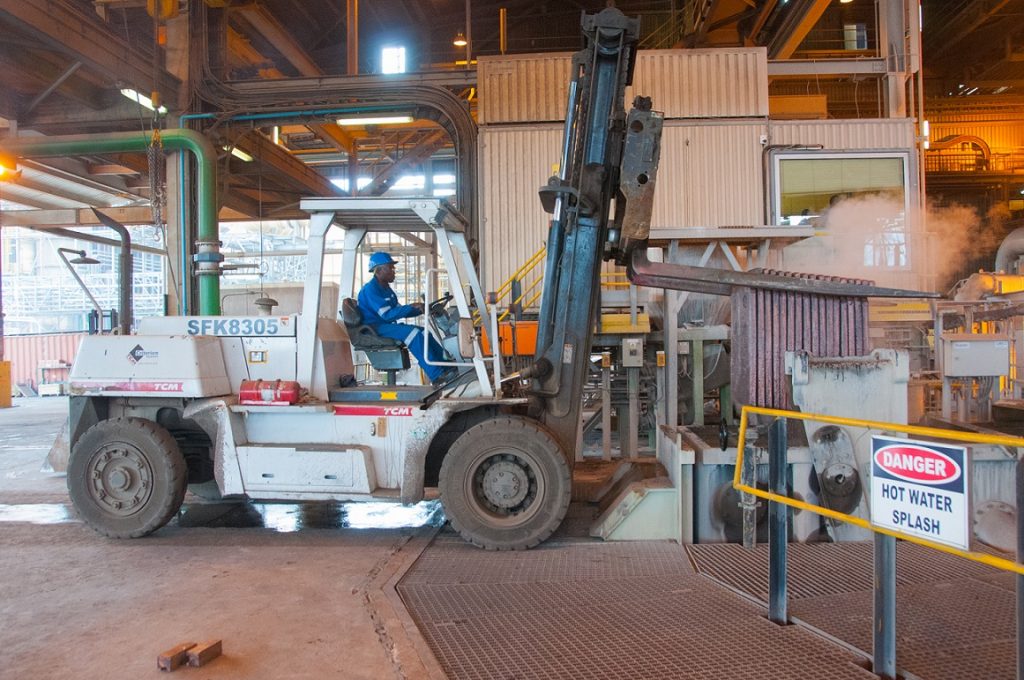
LUSAKA, ZAMBIA – The US$1.35 billion of upcoming investments by First Quantum Minerals are set to boost the economy of North-Western Province by creating new jobs and generating more business for local firms, according to a new report launched this week by leading economist Professor Oliver Saasa.
FQM’s Kansanshi S3 Expansion Project and Enterprise Nickel Project will also boost the economy of the country as a whole and increase tax revenue, said Prof. Saasa and his co-author Shebo Nalishebo in their report, Evaluation of Economic Impact of Planned First Quantum Minerals Investments in Zambia.
“There exist significant potential employment multiplier effects from the two investments,” said Prof. Saasa, who calculated that for every new job created by the mine, the knock-on effects will generate an additional 11 new jobs in the wider economy: one in the mining sector; three indirect jobs in the other sectors other than mining; and seven additional jobs due to the earnings and consumption expenditure by households.
Since the S3 Project is projected to employ 800 workers, the investment will create an additional 8,797 jobs economy-wide, while the Enterprise Nickel Mine’s 500-900 people, reaching the employment peak in 2024, will add a similar number, said the report.
About US$98 million of the investment will go towards the payment of direct workers on the projects through wages and salaries.
Under the plan, in the next three years, FQM plans to spend up to US$$1.5 billion in capital expenditure, which would be FQM’s largest capital investments globally. The S3 Expansion Project at Kansanshi Mine is expected to significantly contribute toward the Zambian Government’s target of achieving 3 million metric tonnes of production per annum by 2030. It also aims to extend Kansanshi mining life by over 20 years.
Spending on suppliers is part of the bigger picture in which Kansanshi mine procures goods and services from suppliers, the majority of whom are local, defined as companies that are resident in Zambia.
The ripple effects of the two projects mean that a US$1 billion investment by FQM in the S3 Expansion Project would result in US$1.8 billion of benefit to the total economy in terms of the direct, indirect and induced impact of the money re-spent on goods and services by employees and suppliers. This would generate earnings from employment through salaries worth US$306 million which would be spent in the local communities.
The economists noted a similar effect from the US$100 million investment into the Enterprise Project, resulting in US$183.5 million additional economic benefit
“Furthermore, this would generate earnings from further employment through salaries worth US$306 million, which would be spent in the local communities, inducing economic activity,” they continued.
The report calculates that based on the copper price of US$3.75 per pound, tax and royalties contributions by the S3 Expansion Project are estimated to increase by an average of US$217 million a year during the 2025-2030 period.
It adds that the Enterprise Nickel project, which will contribute to the Government’s drive to diversify mineral production, is projected to produce an average of 36,000 metric tonnes of nickel per annum during the 2024-2026 period, and that Enterprise would be the largest nickel mine in Africa and one of the top ten nickel mining firms globally.
Tax contributions of the Trident Project (which includes Sentinel and Enterprise) is expected to increase in the coming years. Cumulative tax contributions from 2022-2028 are estimated to be US$380 million higher than without the project, using an assumed price of nickel of US$8.00/lb, and US$775 million using an assumed price of US$12.00/lb.
Tax contributions are expected to increase by an average US$85 million per annum from 2025-2028, using an assumed price of nickel of US$8.00/lb. and by an average of US$165 million per annum, using an assumed price12.00/lb,” it continues.
Among the recommendations in the report is that the availability of infrastructure that is supportive of mining expansion is key, because no significant expansion in mining activity can be sustainably secured without a corresponding effort on the part of the Government to ensure that the requisite infrastructure is developed and maintained adequately.
“In this regard, FQM should reach consensus with Government and other players of the urgency of securing reliable sources of energy, mainly electricity; and accessing improved and reliable transport systems and networks, especially roads and railway systems that support smoother, reliable and cost-effective importation of goods and services for the mining sector and the routing of mineral exports,” it adds.
-Ends-
LUSAKA, ZAMBIA – The US$1.35 billion of upcoming investments by First Quantum Minerals are set to boost the economy of North-Western Province by creating new jobs and generating more business for local firms, according to a new report launched this week by leading economist Professor Oliver Saasa.
FQM’s Kansanshi S3 Expansion Project and Enterprise Nickel Project will also boost the economy of the country as a whole and increase tax revenue, said Prof. Saasa and his co-author Shebo Nalishebo in their report, Evaluation of Economic Impact of Planned First Quantum Minerals Investments in Zambia.
“There exist significant potential employment multiplier effects from the two investments,” said Prof. Saasa, who calculated that for every new job created by the mine, the knock-on effects will generate an additional 11 new jobs in the wider economy: one in the mining sector; three indirect jobs in the other sectors other than mining; and seven additional jobs due to the earnings and consumption expenditure by households.
Since the S3 Project is projected to employ 800 workers, the investment will create an additional 8,797 jobs economy-wide, while the Enterprise Nickel Mine’s 500-900 people, reaching the employment peak in 2024, will add a similar number, said the report.
About US$98 million of the investment will go towards the payment of direct workers on the projects through wages and salaries.
Under the plan, in the next three years, FQM plans to spend up to US$$1.5 billion in capital expenditure, which would be FQM’s largest capital investments globally. The S3 Expansion Project at Kansanshi Mine is expected to significantly contribute toward the Zambian Government’s target of achieving 3 million metric tonnes of production per annum by 2030. It also aims to extend Kansanshi mining life by over 20 years.
Spending on suppliers is part of the bigger picture in which Kansanshi mine procures goods and services from suppliers, the majority of whom are local, defined as companies that are resident in Zambia.
The ripple effects of the two projects mean that a US$1 billion investment by FQM in the S3 Expansion Project would result in US$1.8 billion of benefit to the total economy in terms of the direct, indirect and induced impact of the money re-spent on goods and services by employees and suppliers. This would generate earnings from employment through salaries worth US$306 million which would be spent in the local communities.
The economists noted a similar effect from the US$100 million investment into the Enterprise Project, resulting in US$183.5 million additional economic benefit
“Furthermore, this would generate earnings from further employment through salaries worth US$306 million, which would be spent in the local communities, inducing economic activity,” they continued.
The report calculates that based on the copper price of US$3.75 per pound, tax and royalties contributions by the S3 Expansion Project are estimated to increase by an average of US$217 million a year during the 2025-2030 period.
It adds that the Enterprise Nickel project, which will contribute to the Government’s drive to diversify mineral production, is projected to produce an average of 36,000 metric tonnes of nickel per annum during the 2024-2026 period, and that Enterprise would be the largest nickel mine in Africa and one of the top ten nickel mining firms globally.
Tax contributions of the Trident Project (which includes Sentinel and Enterprise) is expected to increase in the coming years. Cumulative tax contributions from 2022-2028 are estimated to be US$380 million higher than without the project, using an assumed price of nickel of US$8.00/lb, and US$775 million using an assumed price of US$12.00/lb.
Tax contributions are expected to increase by an average US$85 million per annum from 2025-2028, using an assumed price of nickel of US$8.00/lb. and by an average of US$165 million per annum, using an assumed price12.00/lb,” it continues.
Among the recommendations in the report is that the availability of infrastructure that is supportive of mining expansion is key, because no significant expansion in mining activity can be sustainably secured without a corresponding effort on the part of the Government to ensure that the requisite infrastructure is developed and maintained adequately.
“In this regard, FQM should reach consensus with Government and other players of the urgency of securing reliable sources of energy, mainly electricity; and accessing improved and reliable transport systems and networks, especially roads and railway systems that support smoother, reliable and cost-effective importation of goods and services for the mining sector and the routing of mineral exports,” it adds.
-Ends-
About First Quantum Minerals Ltd
First Quantum Minerals Ltd is a global metals and mining company producing mainly copper, gold and zinc. The company’s assets are in Zambia, Spain, Mauritania, Australia, Finland, Turkey, Panama, Argentina and Peru.
In 2021, First Quantum globally produced 816,435 tonnes of copper, 312,492 ounces of gold and 16,818 tonnes of nickel.
In Zambia it operates the Kansanshi mine and smelter in Solwezi and the Sentinel mine in Kalumbila.
The company is listed on the Toronto Stock Exchange.
http://www.first-quantum.com/
For media inquiries please contact:
Gillian Langmead at Langmead & Baker Ltd;
+260 979 060705;
info@langmead.com
